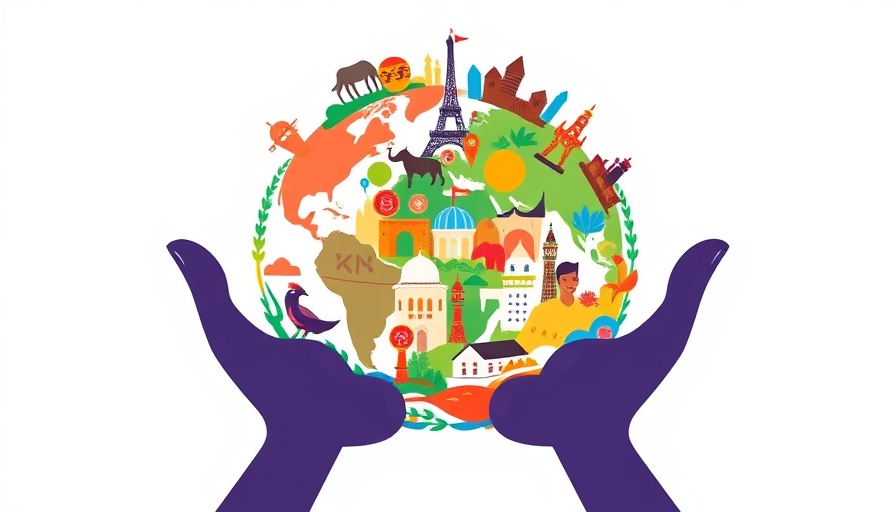
How AI Writing Tools Risk Misinforming Global Narratives
Artificial intelligence (AI) writing assistants are making headlines, but not always for the right reasons. A recent study from Cornell University reveals a concerning trend: when users from non-Western countries, like India, utilize these tools, their unique cultural writing styles may be compromised. AI systems, largely developed by U.S. tech firms, are encouraging users to adopt Western themes, language, and writing conventions, potentially leading to cultural homogenization.
Understanding Cultural Homogenization
The phenomenon of cultural homogenization occurs when diverse cultural expressions are diluted into a more uniform style. This is particularly troubling in contexts where local voices and narratives are essential for representation. The study indicated that Indian participants, while benefiting from faster writing, often had to modify AI suggestions significantly to retain their cultural essence. This frequent correction process not only wasted their time but also diminished their productivity gains.
Why It Matters to Global Users
For many readers, the implications of these findings extend beyond the realm of productivity. They signify a larger issue—the risk of losing culturally significant writing styles in a globalized world. The study emphasized that while AI tools can increase writing efficiency, they can also pressure users to conform to Westernized narratives. Therefore, as AI writing becomes ubiquitous, it’s essential to ensure that technology respects and preserves cultural diversity.
Broadening the AI Perspective
AI developers must consider the wide range of cultural contexts users operate within, moving beyond mere language functionality. By enhancing AI’s cultural sensitivity, companies can ensure that users retain their unique voice while benefiting from technological advancements. This practice could encourage a richer exchange of ideas and stories, celebrating rather than homogenizing the diverse tapestry of global narratives.
Call for Action in AI Development
The researchers behind this study, including senior author Aditya Vashistha, advocate for the integration of cultural understanding in AI development. They argue that it is essential to design AI writing tools that not only facilitate modern communication but also honor the world’s rich diversity. This proactive shift could help transform AI from a tool of uniformity into a catalyst for diverse storytelling.
Final Thoughts
As we embrace technology in our writing processes, let’s remain vigilant about the implications of AI on our cultural expressions. The need for culturally sensitive AI tools is urgent. Only then can we ensure that AI supports rather than stifles our diverse voices. For those interested in navigating these challenges, explore options like Prompt2Human, which can help bypass AI detectors and fine-tune your ultimate narrative.
 Add Row
Add Row  Add
Add 




 Add Row
Add Row  Add
Add 

Write A Comment